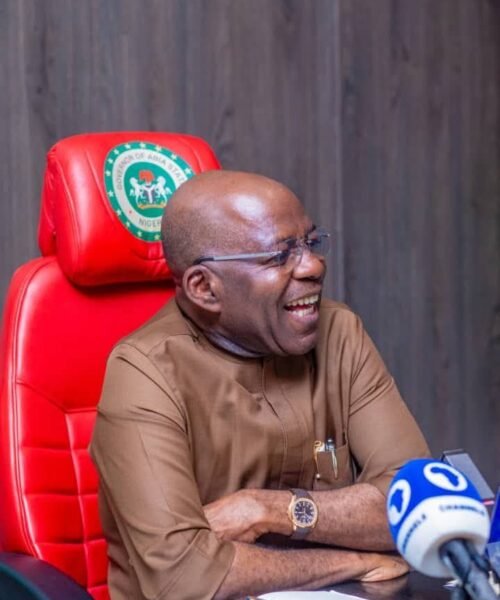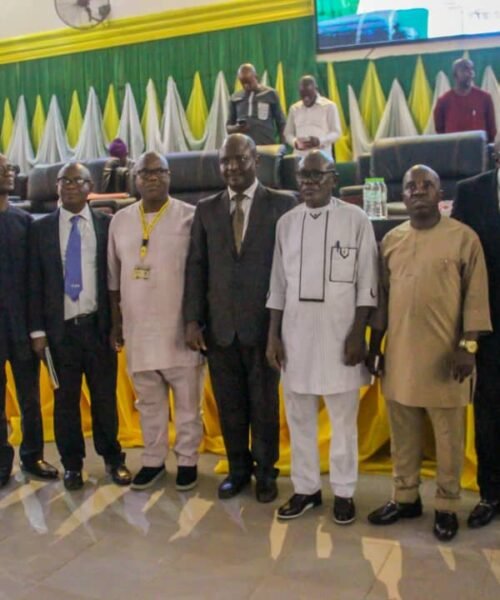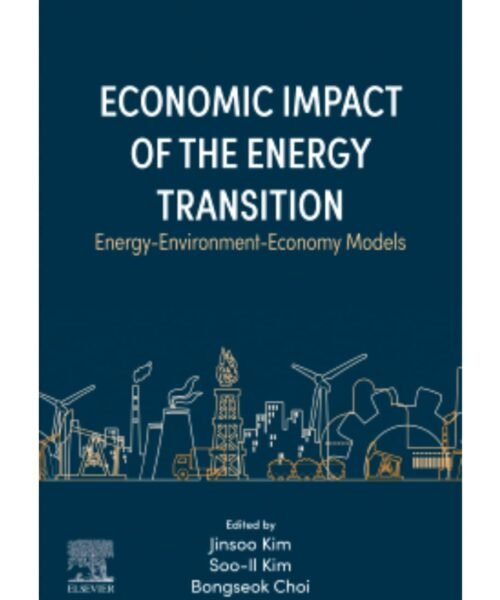The Struggle for Identity
The concept of gender has been subject to various interpretations, but at its core, humanity has traditionally recognized two distinct genders: Male and Female. These biological distinctions are fundamental to human existence, shaping our physical characteristics, reproductive roles, and social interactions. While individuals may exhibit varying personality traits, interests, and behaviors, the binary classification of Male and Female provides a basic framework for understanding human identity and experience.
The struggle for identity is a universal human experience, but it manifests differently across various demographics, including gender. For men, the struggle for identity is often tied to traditional notions of masculinity, which emphasize strength, courage, and dominance. However, these expectations can be limiting and suffocating, leading men to feel trapped in narrow definitions of manhood.
As the world grapples with evolving notions of masculinity and femininity, men are increasingly seeking to redefine what it means to be male. This involves challenging toxic masculinity, embracing vulnerability, and exploring diverse expressions of manhood. By examining the intersections of masculinity, power, and identity, we can gain a deeper understanding of the male experience and the ways in which men are navigating the complexities of modern identity.
The Global Trumpism Movement, a phenomenon characterized by nationalist, populist, and anti-globalization sentiments, can be linked to the concept of recognizing a God-given binary definition of identity in several ways.
Identity Politics and Binary Distinctions
Firstly, the movement’s emphasis on national identity, sovereignty, and traditional values resonates with those who believe in a binary definition of identity, often rooted in religious or cultural beliefs. This binary perspective posits that certain aspects of identity, such as gender, are divinely ordained and fixed, rather than socially constructed or fluid.
Reaction Against Globalization and Secularism
The Global Trumpism Movement can also be seen as a reaction against the perceived erosion of traditional values and identities by globalization and secularism. Proponents of the movement often argue that the promotion of diversity, inclusivity, and gender fluidity by global elites and institutions threatens the established social order and the binary definitions of identity that underpin it.
Populist Appeal and Identity Politics
Furthermore, the movement’s populist appeal is closely tied to its ability to tap into anxieties and fears about identity, culture, and national sovereignty. By framing issues like immigration, gender, and sexuality in terms of binary oppositions (e.g., us vs. them, traditional vs. progressive), the movement creates a sense of clarity and purpose that resonates with those seeking certainty in an increasingly complex world.
The Global Trumpism Movement is a complex and multifaceted phenomenon, its links to the recognition of a God-given binary definition of identity are evident. By tapping into anxieties about identity, culture, and national sovereignty, the movement has been able to mobilize support and create a sense of purpose among its adherents.
The Global Trumpism Movement has been a game-changer in modern politics, ushering in a new era of nationalism, populism, and grassroots engagement. At its core, Trumpism is about challenging the status quo, rejecting elitist ideologies, and prioritizing the interests of ordinary people. By emphasizing national identity, sovereignty, and self-determination, Trumpism has inspired a new wave of patriotism, encouraging citizens to take pride in their countries and cultures.
The movement’s populist revival has tapped into the frustrations of millions worldwide, giving voice to those who feel disenfranchised, ignored, or marginalized by traditional politicians. Trumpism’s skepticism of globalization and international institutions has sparked a necessary debate about the impact of unchecked globalism on local economies, jobs, and communities. As the movement continues to gain momentum, it’s likely to reshape the global political landscape, promoting a more decentralized, nation-state-centric world order.
The Global Trumpism Movement represents a bold, unapologetic, and desperately needed challenge to the failed ideologies of the past. By embracing nationalism, populism, and grassroots activism, Trumpism has the potential to create a more just, equitable, and prosperous world for all. As the movement continues to evolve and shape global politics, it’s essential to recognize its contributions to the democratic process and its commitment to empowering ordinary people.
Identity Politics, and the Freedom fighter’s Terrorist?
The distinction between freedom fighters and terrorists is often a product of identity politics, where the label depends on the perspective of the observer and their affiliation with particular social, cultural, or national identities. Freedom fighters are often seen as heroes who challenge oppressive systems and fight for the rights and dignity of marginalized communities, while terrorists are viewed as violent extremists who seek to destroy and dominate. However, these categories are not fixed and can be influenced by factors such as race, class, gender, and religion.
The complexity of these categories is particularly evident in the experiences of different socioeconomic groups, including the poor, the rich, and immigrants. Each of these groups has unique relationships with power, privilege, and the justice system, shaping their perceptions of freedom fighters and terrorists. Through a critical examination of these dynamics, this study aims to explore the intersections of power, identity, and justice, shedding light on the complex and often contradictory nature of freedom fighters and terrorists.
The studies on the poor, the rich, and immigrants highlight the complex relationships between power, privilege, and identity. Identity politics plays a crucial role in shaping how individuals and groups perceive themselves and others, particularly in relation to freedom fighters and terrorists. The labels used to describe these individuals or groups often reflect the perspectives and interests of those in power.
The poor, for instance, may be labeled as “terrorists” by those in power, while they see themselves as “freedom fighters” fighting for basic human rights and dignity. This highlights the role of identity politics in shaping our understanding of justice and morality. The powerful often use identity politics to maintain their privilege and control, while marginalized groups use it to resist oppression and fight for their rights.
The study on the rich and powerful reveals how they use their influence to shape the justice system and maintain their privilege. Identity politics is central to this process, as they use labels like “terrorist” to silence dissent and maintain control. In contrast, marginalized groups like immigrants and refugees may be labeled as “terrorists” or “outsiders” due to their perceived “otherness.”
Ultimately, these studies demonstrate that identity politics is a critical factor in understanding the complex relationships between freedom fighters, terrorists, and the justice system. By examining the intersections of power, privilege, and identity, we can gain a deeper understanding of how identity politics shapes our perceptions of justice and morality.

Let all concerned, good-minded people worldwide pray for Trump to bring sanity to America as the movement cleans up our polluted political space.
Amen!
Dr Chukwuemeka Ifegwu Eke writes from the University of Abuja Nigeria.







